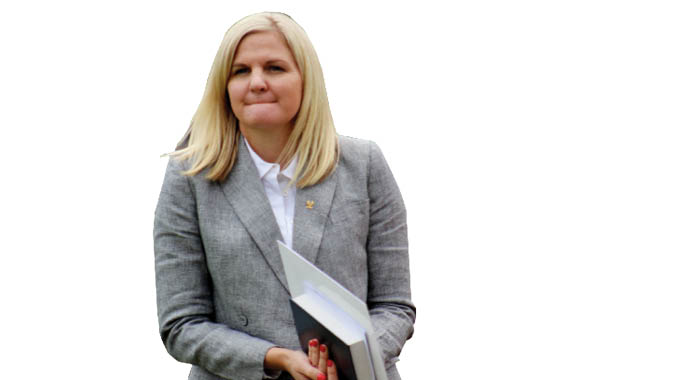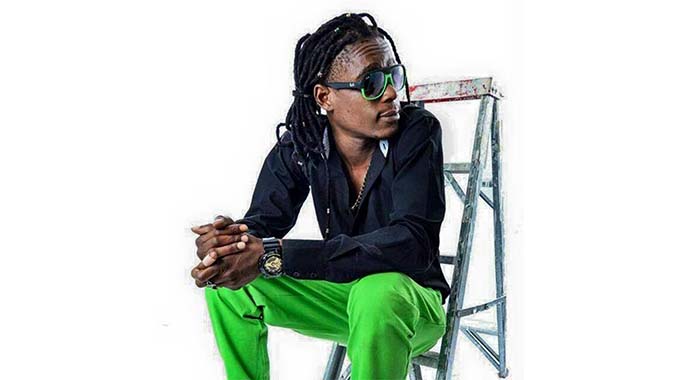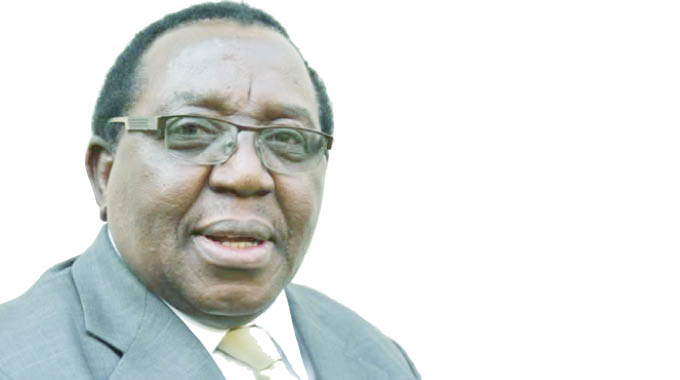Long way to go for sport full return

Dingilizwe Ntuli, Sports Editor
YOUTH, Sport, Arts and Recreation Minister Kirsty Coventry on Monday cleared 24 out of 64 sport disciplines to resume activities following the Government’s relaxation of lockdown restrictions, allowing for up to 50 people to gather outdoors while maintaining social distancing and observing all health protocols.
While it’s a welcome development, there’s still a long way to go for sport to fully return full throttle.
For now, the minister’s permission only extends to training, with the holding of competitions requiring more paperwork by the responsible national sports association (NSA), which has to apply to the Sports and Recreation Commission (SRC).
The SRC examines the NSA’s application and then submits its recommendations to the minister in whom abides the prerogative to green light or decline the request.
Although the latest development presents a glimmer of hope to NSAs and the sport loving public, more hurdles still have to be cleared before we can declare that sport has finally returned after a year of confusion and uncertainty.
For now, we welcome the return to training of the 24 sports and it almost seems as though their activities will determine when high contact sport such as football and rugby will be allowed to resume.
For if these virtually non-contact sport fail to satisfy the safety conditions set, it would mean little hope for the physical, high contact sports that remain in the suspension basket awaiting Covid-19 infections to either further decline or for the government to reach its target of vaccinating 60 percent of the country’s population to achieve herd immunity, whichever comes first.
The public health crisis associated with the Covid-19 pandemic has created unprecedented challenges and it continues to present a very uncertain time for sport and leisure in the country.
The government is dealing with the return of sport in a very serious manner because it’s a life and death situation unlike other voices in the wilderness clamouring for its resumption and simply citing its return in some neighbouring countries as justification for their calls.
There is no dispute that sport is a vital part of our communities, with our sportspersons, clubs and organisations all forming part of the fabric of everyday life.
It also provides the bedrock for the health and wellbeing of our country, but calls for its return can’t be based on the emotional reason; that sport has been under suspension for too long and this has affected the livelihoods of sportspeople, without looking on the other side of this argument.
While it’s quite true that most of our sportspersons’ livelihoods have been adversely affected, it’s also important to understand that the other side could involve possible mass deaths if the return of sport is not handled delicately to mitigate against potential earnings and income lost, and loss of lives.
Sport’s safe return in the country has to be carefully coordinated, with the government and sports sector playing their part in response to the present reality created by the Covid-19 pandemic.
Everyone wants to see all sports resuming as soon as possible, but this can only happen if the entire sports sector demonstrates a collective ability to implement mitigation measures to ensure the safety of sportspersons and the public.
Health and safety must be highly prioritised in any endeavour employed to resume our beloved sports.
Health and safety also mean that because most athletes have not had rigorous training for a very long time and only interacted with their coaches online, they have to be eased back to full drills.
Sports medicine experts say sportspersons’ muscular and cardiovascular systems most likely diminished during this prolonged period of inactivity and should be given adequate time to gradually rebuild from these deficits.
Hopefully NSAs will adopt medical experts’ calls to take a deliberate approach even before training resumes to ensure each athlete is given a programme that suits his or her individual condition until such a time collective rigorous training can be done.
So, observing health and safety protocols should not just be about hand sanitising, disinfecting, checking temperatures and social distancing, but the medical condition of each athlete.
No expense should be spared to ensure each athlete undergoes a thorough medical check-up to prevent permanent injuries and other conditions.
They must also be checked for any signs of anxiety and depression, taking into account how long they have been away from their favourite sport.
For a long time, Zimbabwean sport has ignored sports medicine and the new normal presents all NSAs a fresh start to approach sport in a highly professional manner.
We hope to see every player undergoing a full medical before signing for any team. Deals must simply be determined by current form, as has been the norm all along.
This has been one reason why some of our local players have failed to break into leagues abroad due to our lackadaisical approach to player welfare.
Athletes’ injuries can only be picked up and treated early before they worsen if proper medicals are conducted from the beginning.
Hopefully the 40 disciplines that remain curtailed are putting systems in place to enable them to hit the ground running when the suspension of their activities is eventually lifted.










Comments